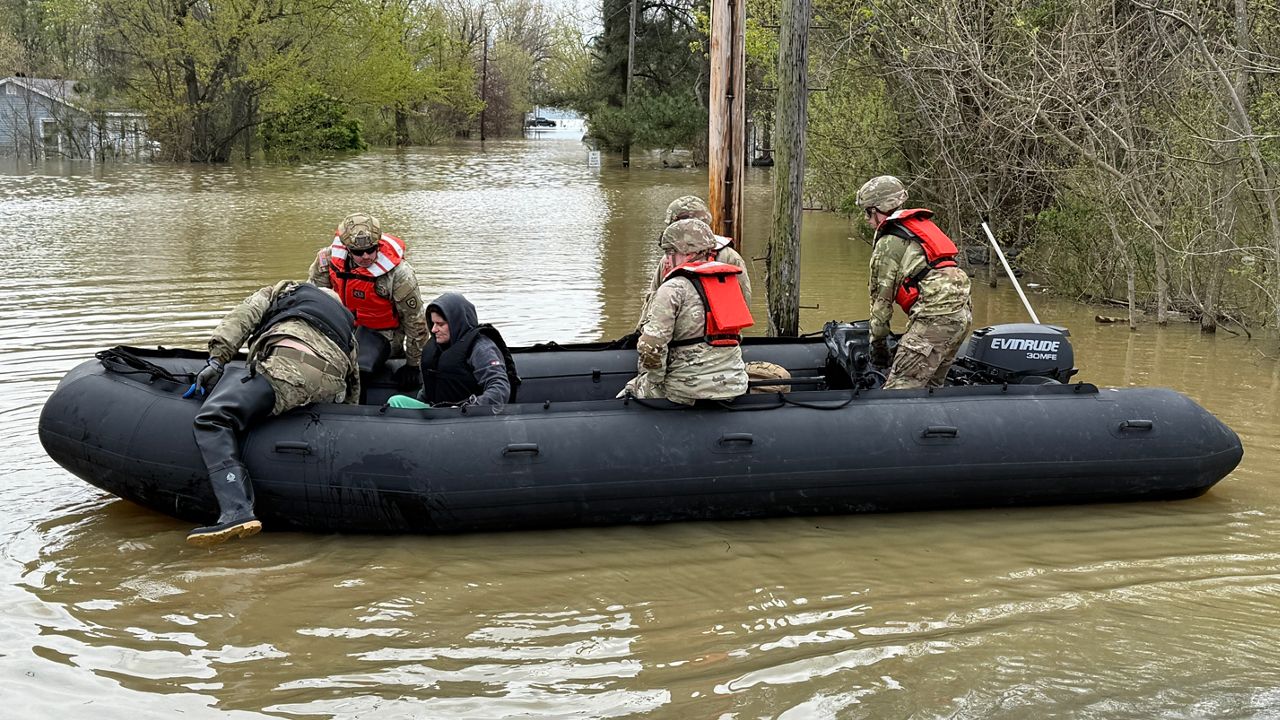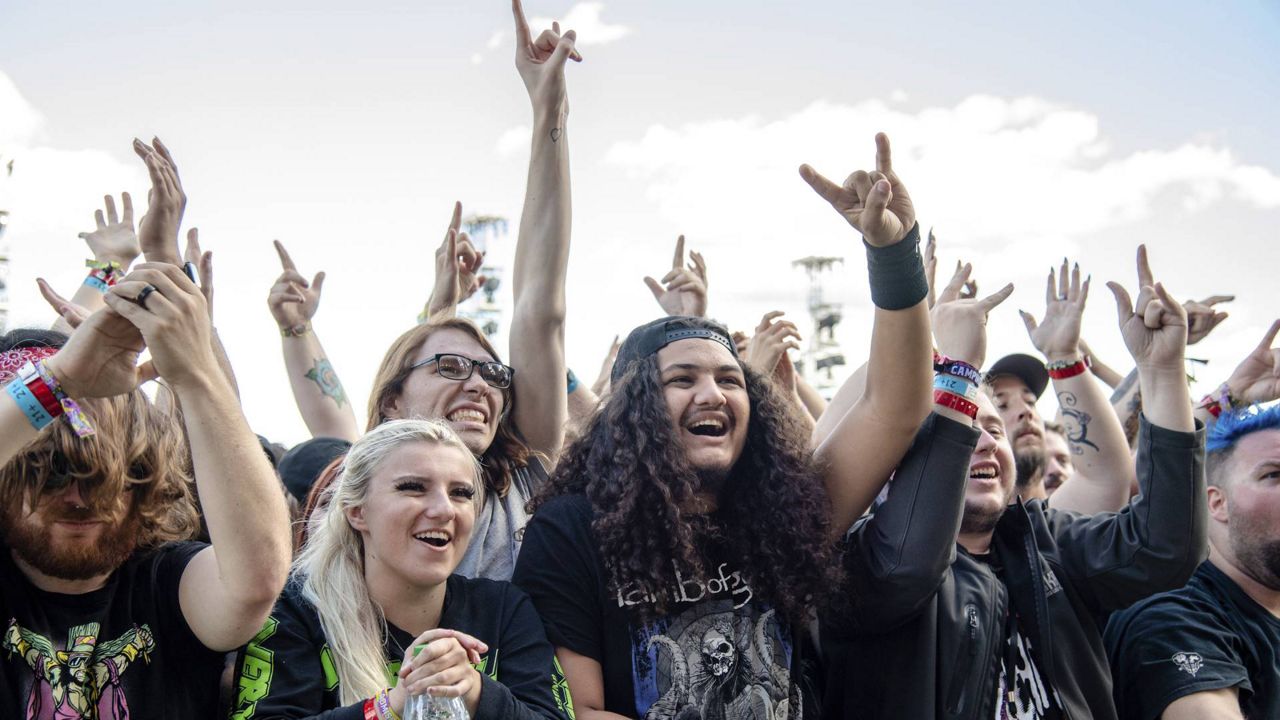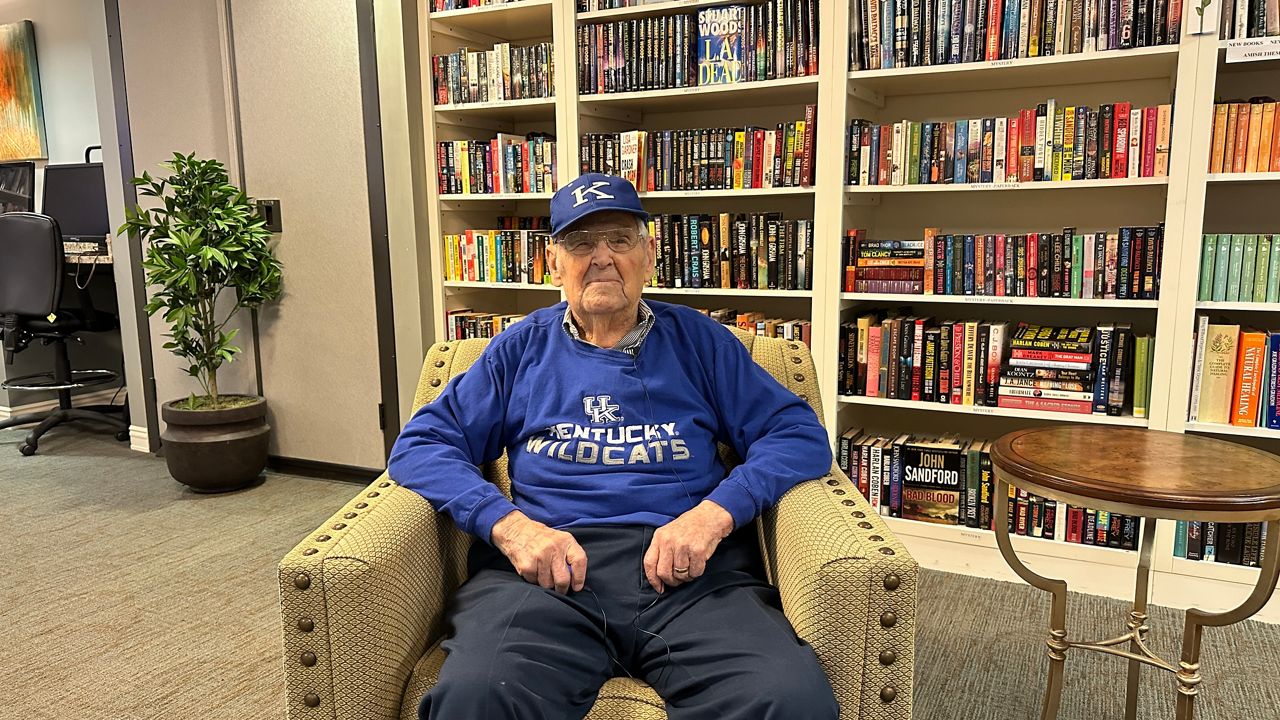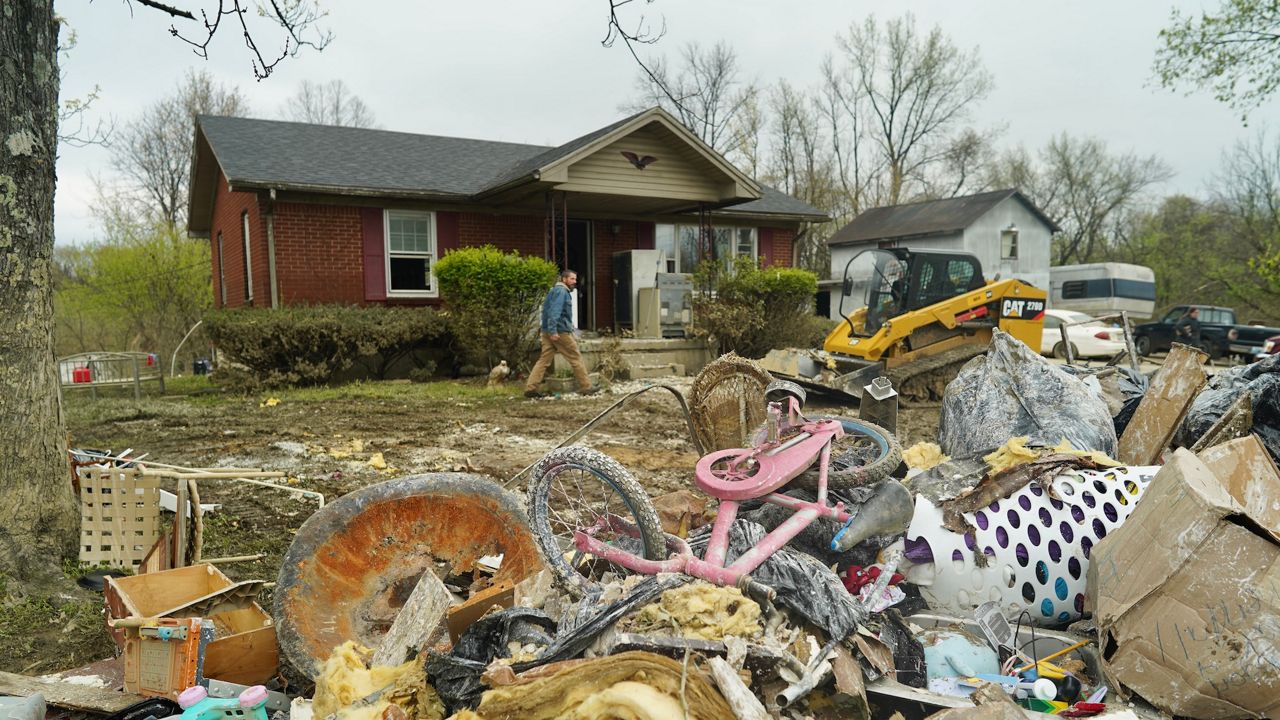LOUISVILLE, Ky. — The parents of Gregory “Trey” Lowman, 3, say from the moment he was born,their son has been strong and bright.
But earlier this year, he started having on-and-off bouts with vomiting and diarrhea.
In March, doctors diagnosed Trey with a brain tumor. He was diagnosed with an atypical teratoid/rhabdoid tumor (AT/RT). According to the National Cancer Institute, AT/RT is a very rare, fast-growing tumor that begins in the brain and spinal cord. It usually occurs in children aged three years and younger, although it can occur in older children and adults.
His family has been by his side at Norton Children’s Hospital in Louisville.
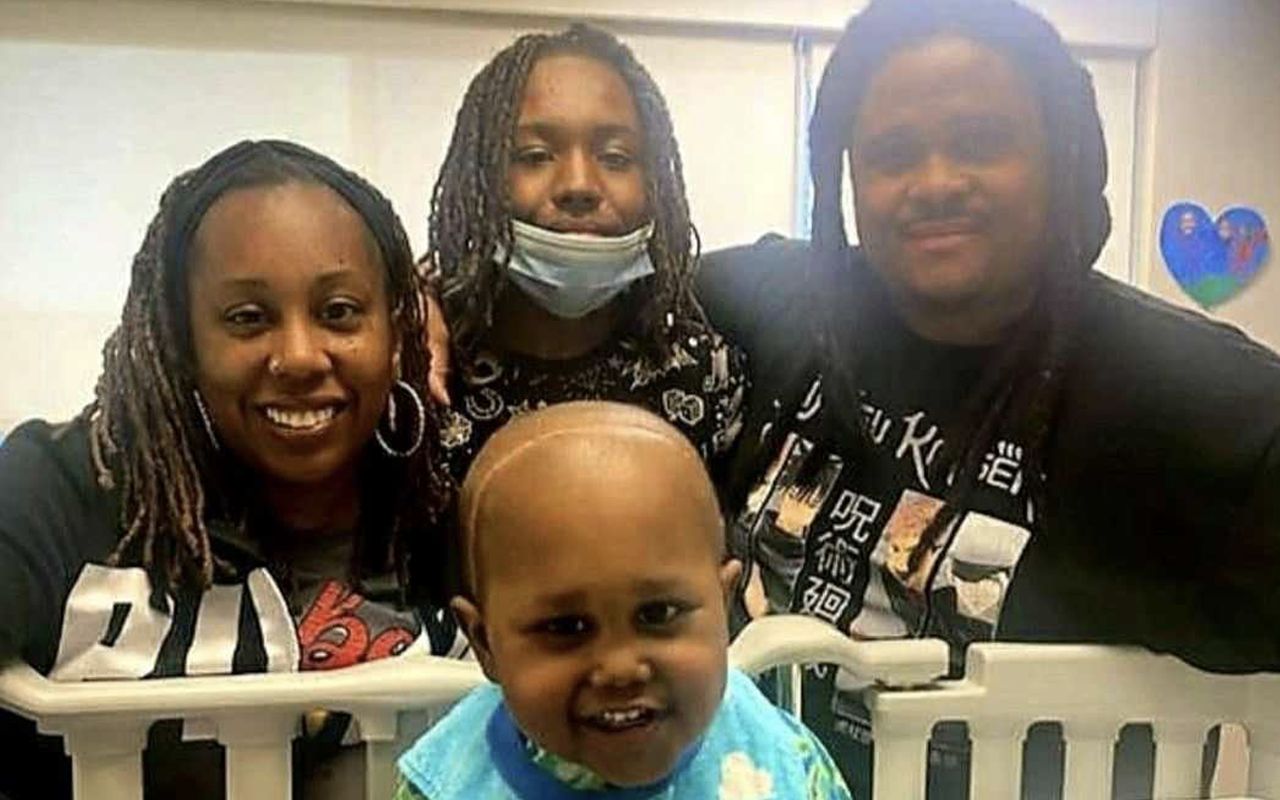
“We’ve been here for the last six months, going through treatment. Trey’s been very resilient. Fighting, smiling throughout it all. There’s bad days, of course, but he’s dealt with a lot,” Ebony Lowman, Trey’s mother, told Spectrum News 1.
Trey’s parents said they recently had to seek a stem cell donor for their son. That was when they realized just how hard that was going to be.
“When you’re African-American, unfortunately, the chances of finding a donor are not in your favor, because the lack of awareness, the lack of people who are registered to donate stems cells. It’s like an 8% chance for our community. Only about a 29% chance that you’ll find a donor,” Lowman said.
Doctor Michael Huang, an oncologist at Norton Children’s, says the bone marrow registry is unfortunately under-represented in terms of minority populations. He added whenever a patient is in a minority group or has mixed-ethnicity they struggle with trying to find a good match.
“Depending on who you talk to, you have to have anywhere from 8 to 10 markers that are matched completely, or preferably completely, with who’s getting the bone marrow. Imagine if the majority of people who are available to provide their bone marrows are of white decent, that means they are very much of a different gene pool. So, their markers are going to be very different from someone who is African-American,” said Huang.
Spreading the word about marrow donation could help others in need across the country.
Huang added, “So if we can increase the numbers of minority groups signing up for donating their marrows, then the higher chance of finding someone who would line up perfectly for children like Trey.”
Trey is improving and doesn’t need a donor. But his parents are raising awareness and hope more people of color register to donate.
“If they’re 18-40 years of age, and they’re willing to donate, I’m begging for them to sign up. To not just save my son’s life, but any kids’ life. You never know who’s gonna need that help,” Gregory Lowman Jr., Trey’s Father explained.
The Lowmans are optimistic and hopeful about Trey and his battle with cancer.
“I want my son to have a chance like any other kid to just be a normal kid and hopefully survive this. I want to know that my son will beat this and he’ll have a long future ahead of him,” said Ebony Lowman.
The Lowmans are hosting a donor drive on Sept. 24. at their church. The Burnett Avenue Baptist Church is located at 6800 S. Hurstbourne Parkway in Louisville. It starts at 9 a.m.
To sign up to donate bone marrow, stem cells or want to learn more about helping Trey, a special link has been set up online for him or you can also text GreyForTrey to61474.







